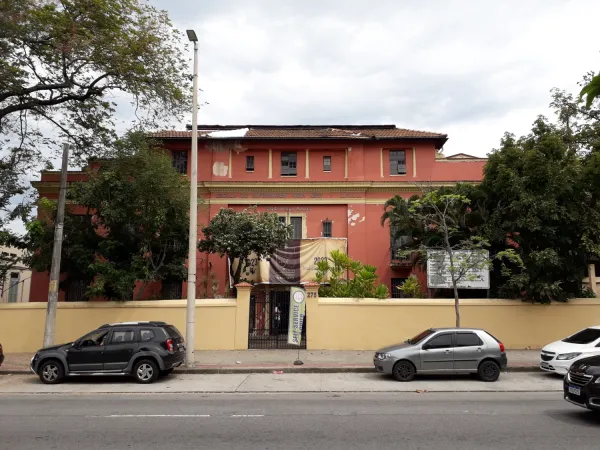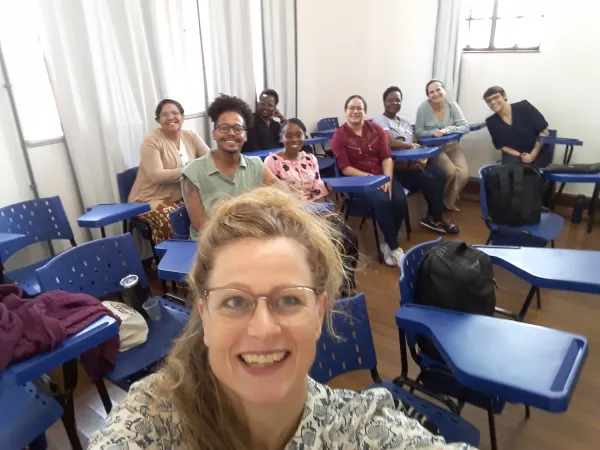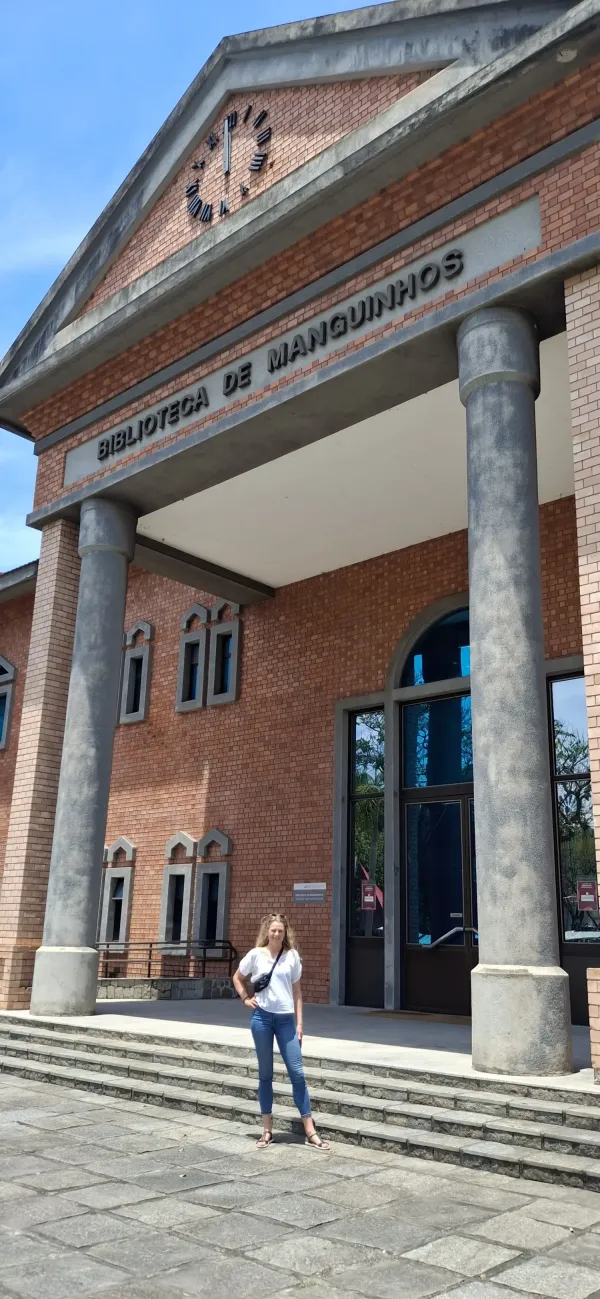Doctoral student at KI explores ageing and care in Brazil
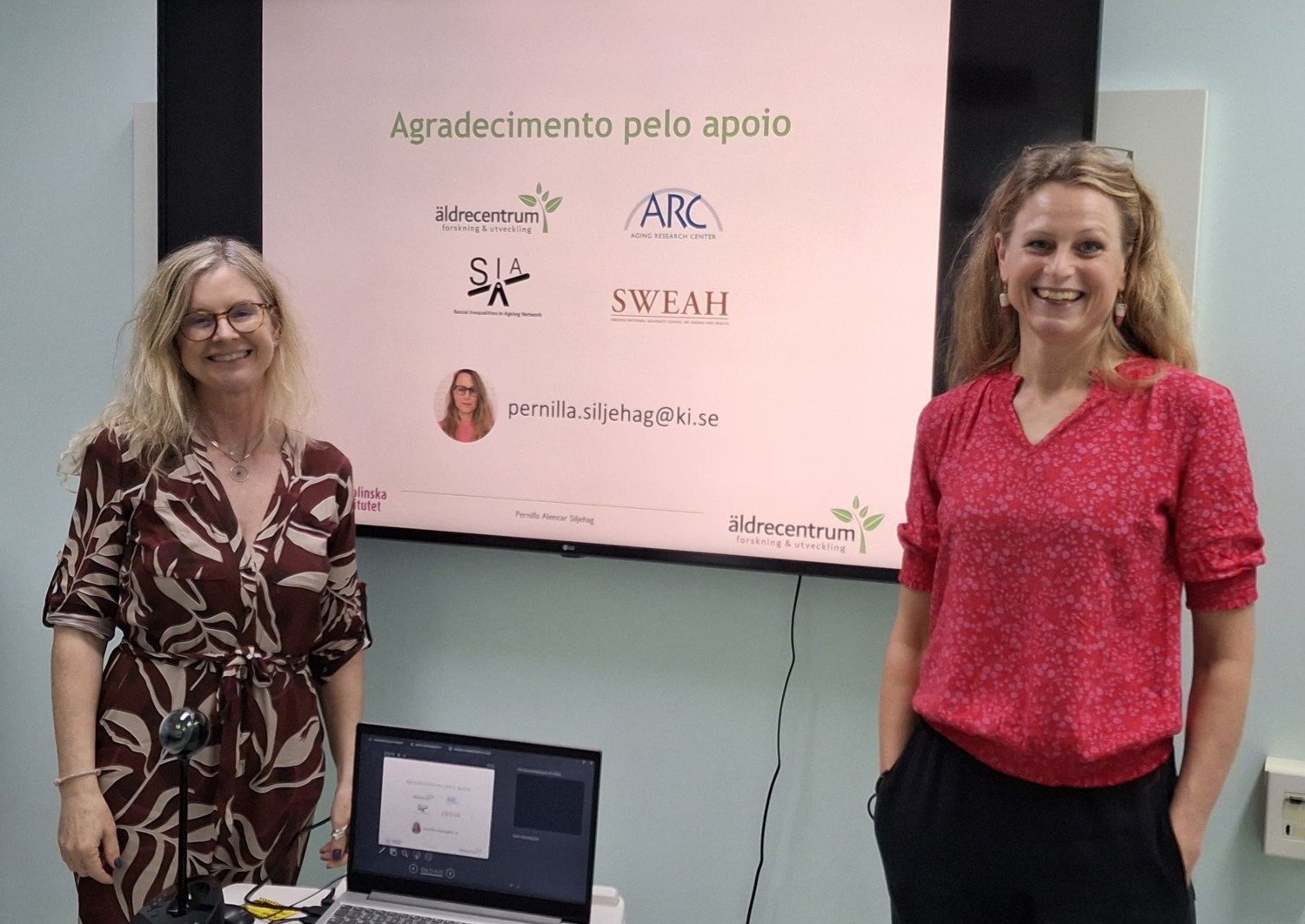
What is it like to study how older people live and receive care in different parts of the world? KI researcher Pernilla Alencar Siljehag is finding out first-hand during her research stay in Brazil, thanks to travel grants from Karolinska Institutet, SWEAH, and Svenska Sällskapet för Medicinsk Forskning.
Since late October, Pernilla Alencar Siljehag, doctoral student at the Aging Research Center (ARC) and the Stockholm Gerontology Research Center Foundation (Äldrecentrum), and affiliated with the graduate school SWEAH, has been living in Rio de Janeiro, working with the Oswaldo Cruz Foundation and the ELSA-Brasil study.
Her project focuses on understanding the lives and care needs of older people who are using eldercare services for the first time.
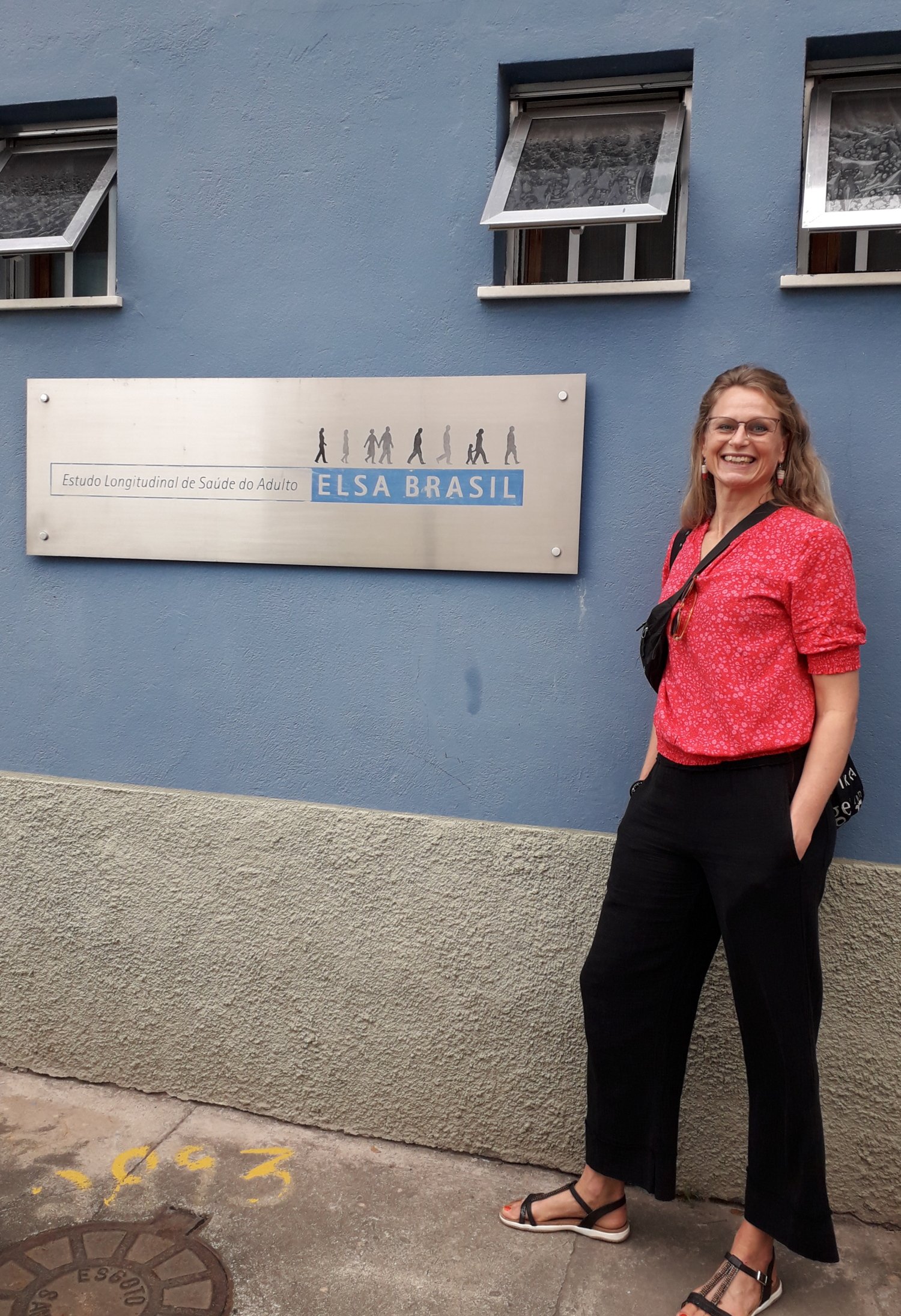
“The aim is to learn how well the services match people’s needs and expectations,” Pernilla Alencar Siljehag explains.
Her research combines Swedish and Brazilian perspectives, using registry data from the SNAC Stockholm Eldercare Study, which forms part of the Swedish National Study on Ageing and Care (SNAC). Among other things she will study different design examples and look at how they organise their longitudinal studies.
During her stay, Pernilla Alencar Siljehag has been welcomed into a vibrant local community. She lives with a retired assistant nurse who shares traditional dishes and stories from northeast Brazil.
“It is amazing to experience daily life here and see how care for older people is organised in another country,” she says.
She has also visited the Anna Nery School of Nursing at the Federal University of Rio de Janeiro and joined discussions about the role of families and culture in caring for older people.
Her days are filled with research meetings, exploring Rio’s neighbourhoods, and even joining local boxing and martial arts groups to stay active.
The aim of her PhD project, entitled ‘Life situation and care needs among people with first-time use of eldercare’, is to increase knowledge about what characterises the life circumstances of older people who are granted eldercare for the first time and to explore how the services provided correspond to their needs and expectations.
“The trip is about science, but not just in the way we traditionally may think of it. It is also about intercultural learning, which I hope will give me a deeper understanding of how my home context, based on factors such as ethnicity, religion, language, gender, class, lifestyle, etc., interacts with structures of power and privilege when it comes to the health and care of older people. Or, if you like to think like a boxer, you might say that it's a great core workout...”, says Pernilla Alencar Siljehag.
The Oswaldo Cruz Foundation and ELSA-Brasil
Founded in 1900, Oswaldo Cruz Foundation is an internationally recognized institution in the field of public health both in terms of research, formal training, pharmaceutical production and provision of healthcare services. The foundation runs more than a thousand research and quality of care development projects and over 18 post graduate training programmes. It is established in ten Brazilian states (and in Maputo, Moçambique).
ELSA-Brasil is a multicenter cohort study with participants aged 35–74 years at baseline. It is conducted at six research centers of five federal universities and the Oswaldo Cruz Foundation.

